
Letter: Two states our vision
March 12, 2014 | Colin Rubenstein
JOHN Lyons (“Distant ‘experts’ choose to ignore Israeli realities”, 8/3), did not address any of the substantive criticism levelled at his Four Corners program. Instead, he made new unsubstantiated allegations directed at critics.
AIJAC has consistently argued that a negotiated two-state settlement is the only path to genuine peace in the narrow strip of land between the Jordan River and the Mediterranean – thus fulfilling the desire of all parents there to give their children a secure and fulfilling future free from terrorism and war.
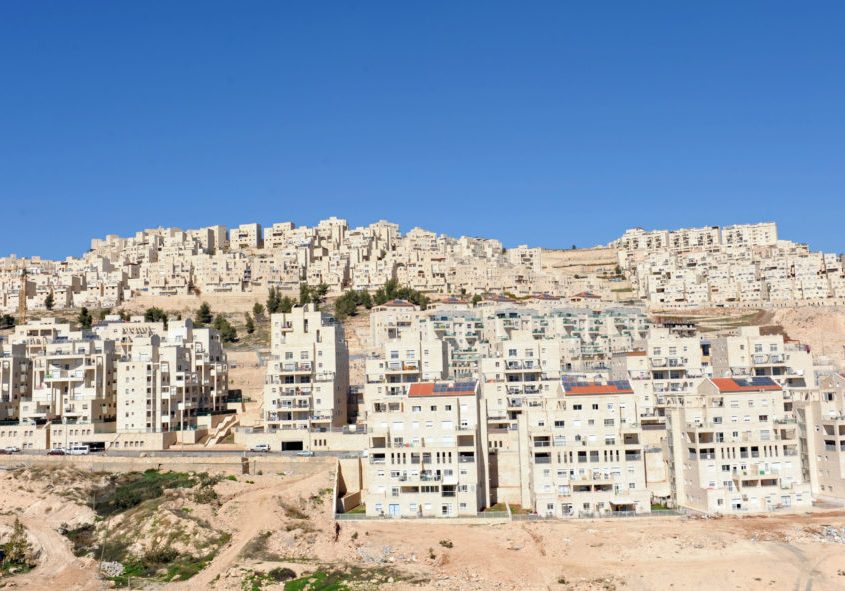
Carr’s view on settlements is counter-productive
February 18, 2014 | Mark Leibler
BOB Carr (“West Bank settlements always illegal”, February 11) has accused the Australia/Israel & Jewish Affairs Council of directing “a furious effort at trying to block” his “routine criticism” of settlements while he was foreign minister, “as if this were more vital than advocating a two-state solution or opposing boycotts of Israel”.
This accusation grossly misrepresents AIJAC’s position…

“Stone Cold Sensationalism” from ABC’s Four Corners
February 14, 2014 | Colin Rubenstein
The ABC has done it again – this time in the massively promoted “Four Corners” program on Monday about Israeli treatment of children – created together with the Australian‘s Middle East correspondent John Lyons. Most of the allegations in the program about abuses of Palestinian minors during arrest and interrogation were just that – uncorroborated allegations, with no supporting evidence provided by the ABC or the Australian. While the story claimed that UNICEF “found” the allegations to be true, this is wrong – the UN agency merely “found” that these concerning allegations exist but did not investigate further.
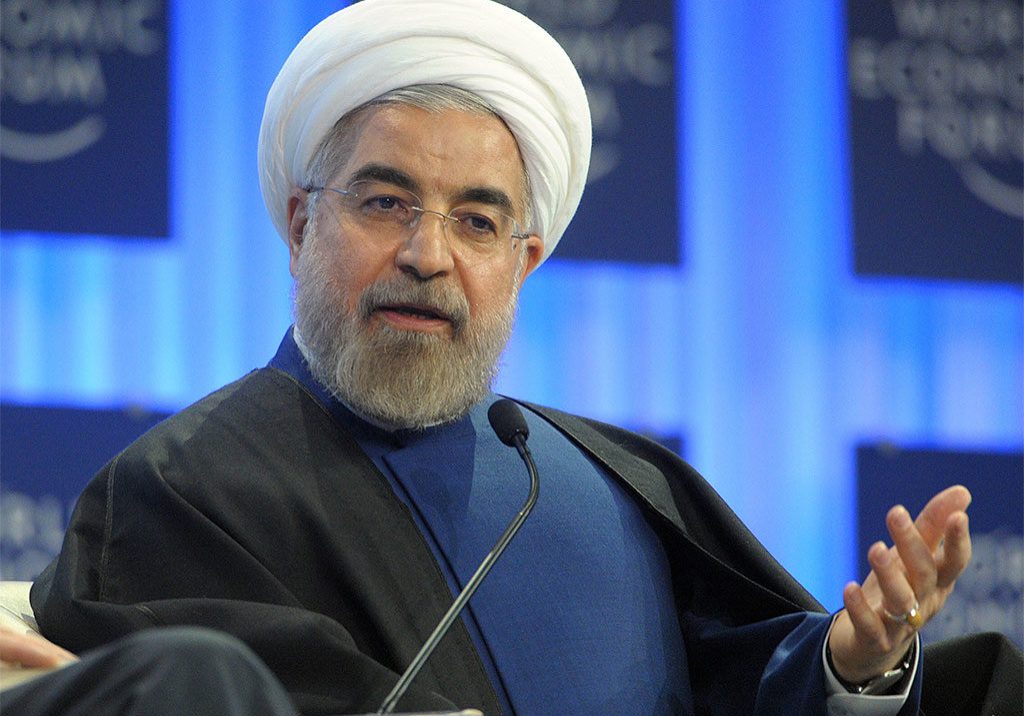
‘Moderation’ screen hides reality of Iran
February 5, 2014 | Or Avi Guy
TO the naive observer, it might seem Iran’s relations with the international community are on the right track; under the leadership of an apparently more moderate president, Hassan Rouhani.
An interim action plan regarding Iran’s nuclear program was reached and further negotiations are taking place. Yet in the wake of this agreement and Rouhani’s larger “charm offensive”, most recently at the UN’s World Economic Forum in Davos, some appear to be prematurely optimistic that there is already a real change in Iran’s problematic international and internal behaviour.
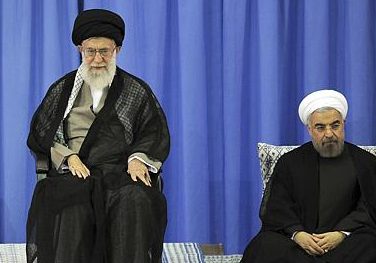
Too many chances for abuse in Iran deal
January 21, 2014 | Tzvi Fleischer
THE six-month interim nuclear deal reached between Iran and the US-led P5+1 powers – US, UK, France, Russia, China and Germany – in Geneva in late November finally came into effect yesterday.
But now the really hard part begins. If the six-month deal does not lead in the end to the kind of agreement that will finally end the years of intense international concern over Iran’s nuclear efforts, it will have been worse than useless. Yet there are very good reasons to doubt that it will.
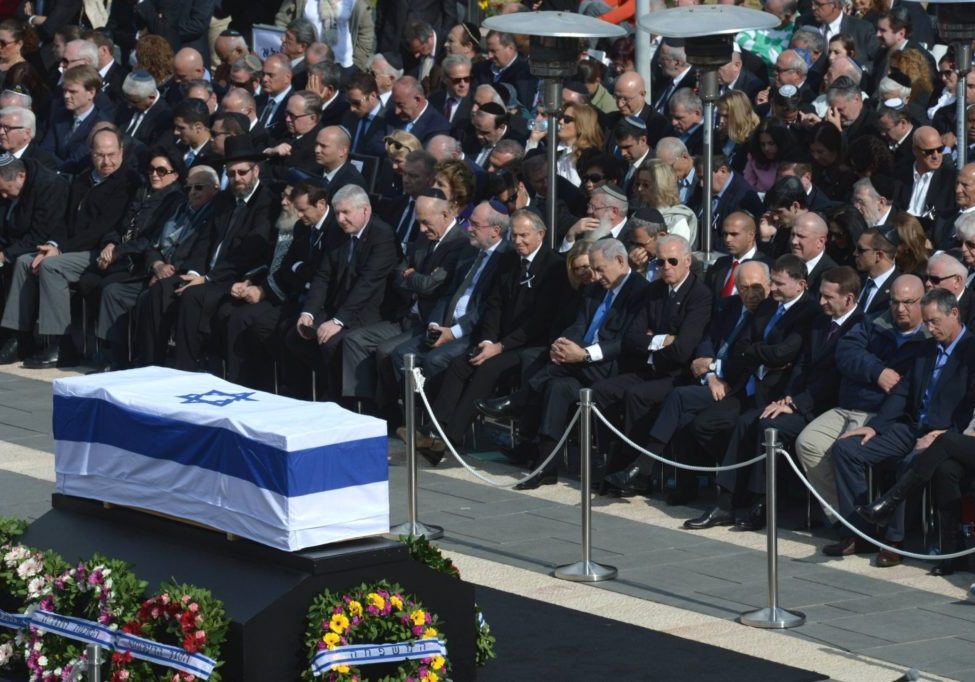
Israel PM’s peacemaking efforts should be remembered
January 21, 2014 | Ahron Shapiro
Ariel Sharon, the former Israeli general, Defence Minister and Prime Minister who died earlier this month, was one of the government officials who greeted then-Egyptian President Anwar Sadat on the tarmac during his famous visit to Israel in November 1977.
Sharing a smile and a handshake, Sadat ribbed Sharon, reminding him that he had unsuccessfully tried to catch him when he crossed the Suez Canal during the war of October 1973.
Sharon famously replied, “Now you can catch me as a friend.”

Ariel Sharon, from warrior to peacemaker
January 16, 2014 | Sharyn Mittelman
Israel’s former prime minister Ariel Sharon passed away on January 11. Debate about his legacy will continue for years.
Views about it have already changed since he became incapacitated eight years ago, as today many on Israel’s left praise his decision to dismantle the settlements in the Gaza Strip and parts of the West Bank he had helped sponsor, while on Israel’s right, many mourn his ”mistakes” as Hamas took hold of Gaza and used it to fire rockets into Israel.

Want peace in Syria? Work on reconciliation from day one
January 15, 2014 | Or Avi Guy
When outsiders survey the devastation in Syria, reconciliation is probably the last thing that comes to mind. Millions of refugees and internally displaced people are desperate for humanitarian aid. Millions more are caught in the lines of sectarian fire. Who has time to think about such fluffy “feel-good” concepts?
Yet with the Peace Conference for Syria scheduled to take place in Geneva this month, the thorny issue of post-conflict reconciliation must not be ignored.

There can’t be peace without compromise between Israel and the Palestinians
January 15, 2014 | Jamie Hyams
JOSEPH Wakim’s metaphor of refugees taking over a home (“Australia must find balance on Palestinians,” January 10) is all very nice, but completely irrelevant to the Israeli/Palestinian situation.
It falsely assumes that the Palestinians were there first and the Jews came later and forced them out and that Israel has never offered to share the land nor been subjected to violence.
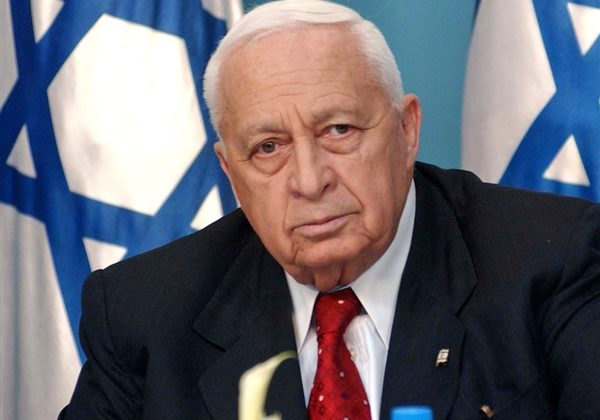
Bulldozer who guided Israel from centre
January 13, 2014 | Ahron Shapiro
THE passing of Ariel Sharon, Israel’s first truly centrist prime minister, is a watershed event in Israel’s history, as he served in a unique capacity as the pivotal bridge between Israel’s founding generation and political landscape and the mature and modern Israel of today.
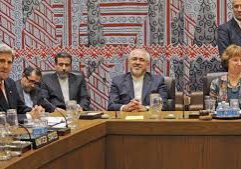
Flawed Geneva deal on Iran already unravelling
January 7, 2014 | Allon Lee
That didn’t take long.
The much-lauded Geneva “interim” six-month deal signed by Iran and the P5+1 on November 24 – which was designed to pause Iran’s efforts to produce nuclear weapons but was riddled with loopholes – has already stalled…







